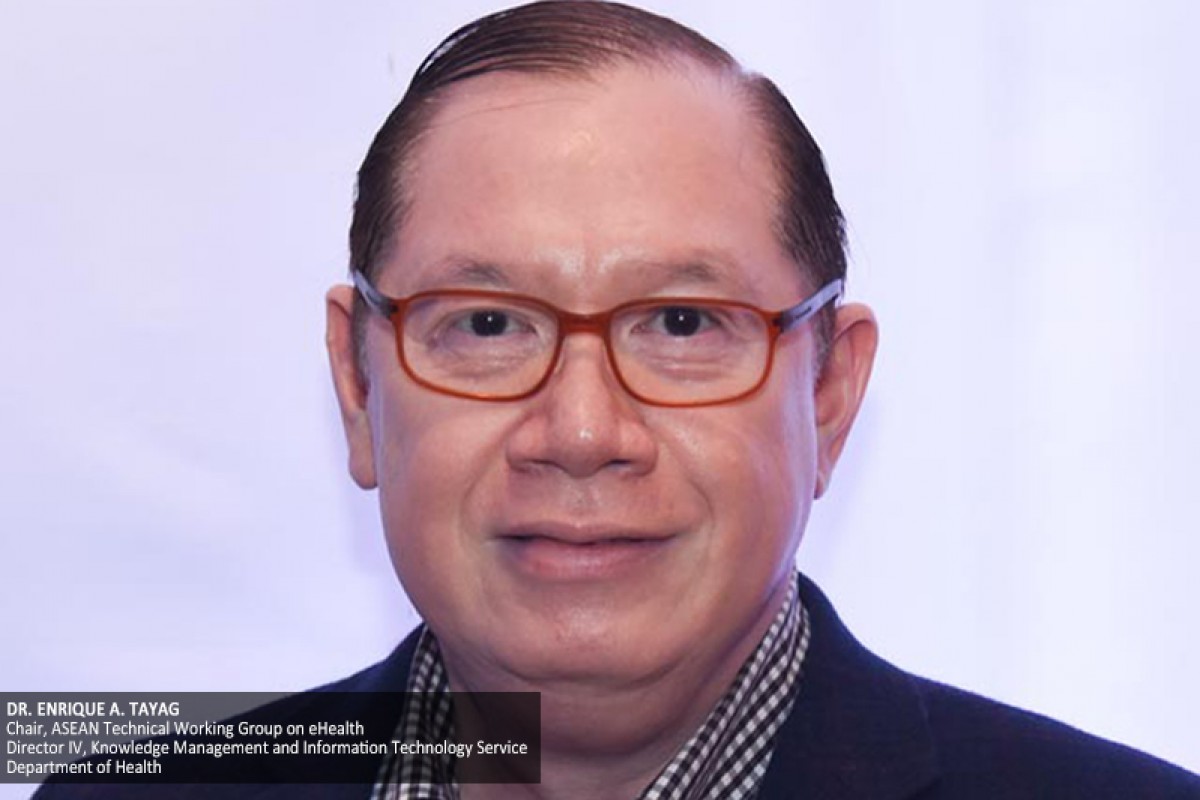QUEZON CITY -- Digital health or e-health, particularly telemedicine, has the potential to reduce the cost of health services.
Dr. Enrique Tayag, chair of the ASEAN Technical Working Group on eHealth and director of the Knowledge Management and Information Technology Service of the Department of Health (DOH), said this during a webinar recently organized by state think tank Philippine Institute for Development Studies (PIDS).
“Telemedicine is a game changer in this pandemic. It is slowly getting traction in many hospitals. Even doctors are into telemedicine now. We have different platforms and we are going to unveil many models of telemedicine so that everyone will benefit,” Tayag said, who served as a discussant at the webinar.
He believes that the Philippines can leverage digital health to achieve its objectives under Sustainable Development Goal 3, which “seeks to ensure health and well-being for all, at every stage of life”.
However, Tayag lamented that digital health has not gained adequate acceptance among different people and culture, even among Filipinos.
One of the issues he pointed out is that the human resource for digital health remains unsustainable because of the rapid changes in technology. Health workers also fear that they might be replaced by artificial intelligence.
Meanwhile, government investments in information and communications technology infrastructure in the country have been increasing.
Tayag said that investments should also be placed on relevant technologies that will build the capacity of health workers for remote consultation.
There is also a need to fully adopt a digitalized medical recording system in the country.
“Right now, the electronic medical records system in the country is a hybrid one. It is both paper-based and electronic. The e-claims of the Philippine Health Insurance Corporation are available because of the electronic medical records system. For nearly a decade now, the DOH has managed to ensure that at least 80 percent of the public health sector has a functional electronic medical records system,” Tayag said.
He also urged the government to adopt laws for the implementation of e-health or digital health as provided by the Universal Health Care Act. (PIDS)



